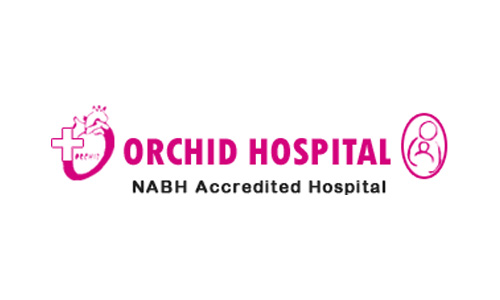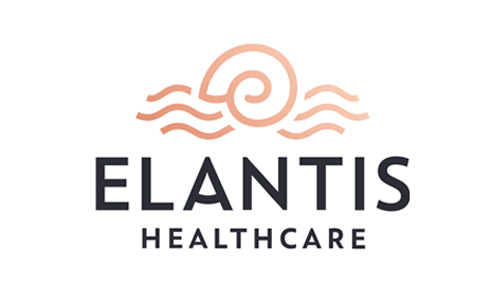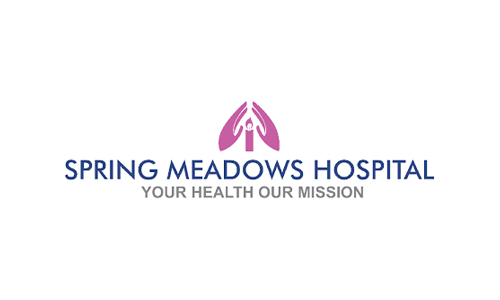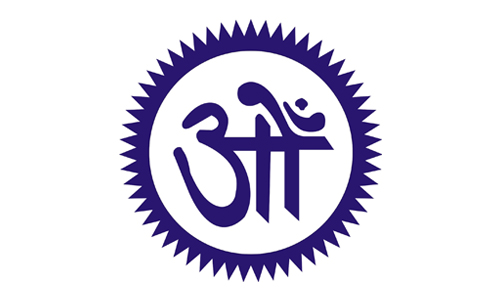- info@drkanikagupta.in
- +91 80075 91226
Laparoscopy is a type of surgical procedure that allows a surgeon...
medical doctors who specializes in female reproductive health, issues in uterus,ovaries and tubes ...
deals with pregnancy,childbirth and postpartum.
Monday to Saturday: 09:00 AM to 08:00 PM
(On Appointment Basis At Various Hospitals)
Sunday
Only for Emergencies

MBBS, M.S. OBGYN
High Risk Pregnancy Specialist
Laparoscopic Surgeon (FMAS)
Fellowship in ART (NUH Singapore)
Ex-Associate Gyane Oncosurgery (Tata Memorial Hospital, Mumbai)
Dr Kanika Gupta is a well renowned, highly skilled Gynae Laparoscopic Surgeon and an Obstetrician practicing in Delhi.
She has worked at some of the top in institutes of the country like the Tata Memorial Hospital, Mumbai , Maulana Azad Medical College and Max Hospital Saket Delhi.
She has an experience of over 10 years in various surgeries like open / laparoscopic uterus removal ( hysterectomy), fibroid removal (myomectomy), fertility enhancing surgeries , surgical and medical management of endometriosis, PCOS , Antenatal care , Normal deliveries ,Caesarian Section and Menopausal symptoms.
Apart from her excellent surgical skills and treating some of the very challenging cases , she's an extremely empathetic and trust worthy doctor who treats the patient for their utmost betterment.








